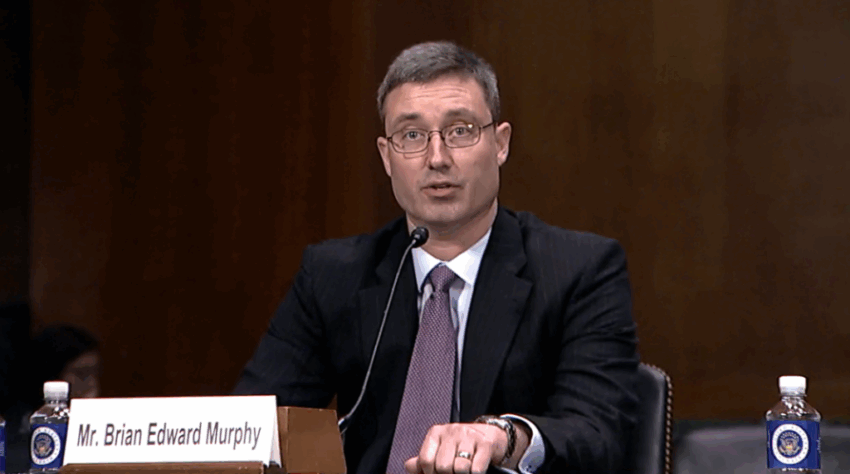The U.S. Supreme Court has ruled in favor of the Trump administration, allowing deportations to designated third-world countries to continue without the procedural delays lower courts attempted to impose. The decision reverses a lower court injunction issued by Judge Brian Murphy, who had sought to restrict executive authority over immigration enforcement—despite longstanding precedent affirming broad presidential powers in this area.
The high court’s rebuke of Judge Murphy’s order represents a clear affirmation of the executive branch’s right to manage deportation policy, particularly under laws like the Alien Enemies Act. That statute provides the president with sweeping authority to remove non-citizens during times of national security concern or heightened geopolitical tension.
Holy Crap! Judge sidesteps SCOTUS. pic.twitter.com/OEJsv7GhnR
— Margot Cleveland (@ProfMJCleveland) June 24, 2025
In its ruling, the Supreme Court emphasized that immigration enforcement is constitutionally delegated to the executive, and attempts by the judiciary to interrupt that authority must meet a high legal threshold. The court found that Murphy’s order failed to meet that standard and lacked proper grounding in statutory or constitutional law.
This leftwing radical Biden judge got jammed through the Senate in December, in the lame-duck session after Democrats lost the White House and Senate.
Six months into the job, Massachusetts U.S. District Judge Brian Murphy is now openly defying a Supreme Court order.
Impeach. https://t.co/IPZXvq01Gd pic.twitter.com/0tLkwqMRHk
—
Mike Davis
(@mrddmia) June 24, 2025
Despite the ruling, reports indicate that Judge Murphy is continuing to resist compliance—raising serious concerns about judicial overreach. Legal experts note that federal judges are bound by the decisions of higher courts, and defiance of a Supreme Court directive risks not only legal but institutional consequences.
The “defiance of judicial orders” is coming from inside the house https://t.co/6tA3AyLEsH
— Adrian Vermeule (@Vermeullarmine) June 24, 2025
This episode echoes concerns raised by prior instances of lower court defiance, including actions by Judge James Boasberg, who has also been criticized for issuing rulings that conflict with binding precedent. Critics argue that such behavior reflects a pattern of judicial activism aimed at undermining executive authority—particularly under President Trump.
Sounds like we finally have a situation where the Trump admin might be able to ignore a judge’s order without issue. https://t.co/jhyjre0Lob
— Mark Hemingway (@Heminator) June 24, 2025
Deputy White House Chief of Staff Stephen Miller indicated that the administration is weighing its options in response, stating that Americans should expect “fireworks” if the lower court continues to ignore the high court’s mandate. Legal avenues may include appeals for enforcement, administrative countermeasures, or public accountability actions.
The post Boston Judge Issues Ruling Following SCOTUS Decision appeared first on Patriot Newsfeed.
Click this link for the original source of this article.
Author: Mark Stevens
This content is courtesy of, and owned and copyrighted by, https://patriotnewsfeed.com and its author. This content is made available by use of the public RSS feed offered by the host site and is used for educational purposes only. If you are the author or represent the host site and would like this content removed now and in the future, please contact USSANews.com using the email address in the Contact page found in the website menu.







